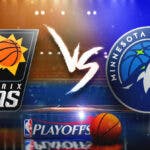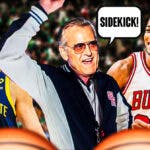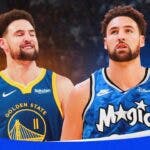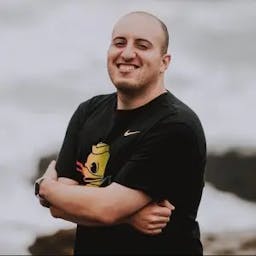It seems like too long ago, but five years ago, when the Golden State Warriors were still in the beginning stages of becoming a world-renowned juggernaut, trying to pull off a superstar trade that could have changed the fate of NBA history as it is today.
Kevin Love was coming off his most dominant season with the Minnesota Timberwolves, averaging a studly 26.1 points, 12.5 rebounds and 4.4 assists per game in the 2013-14 season, proving he was fully healthy after a 2012-13 season in which he only played 17 games due to injury.
The Warriors, fresh off a 4-2 exit at the hands of the L.A. Clippers and their floor general Chris Paul, looked to bolster the team with a star player, one that could help them leapfrog the Clippers and other Western Conference powerhouses like the San Antonio Spurs, who caused their playoff elimination the year prior.
The trade would involve sending former All-Star forward David Lee, Klay Thompson and a first-round pick (or Harrison Barnes) for Love and Kevin Martin, but the Warriors internally weighed if that was indeed too steep a price to pay for the double-double machine, according to Marc Stein, who was then with ESPN.
The proposal took place only a week before the draft, and the Warriors lacked a first-round pick, so their options were to (1) flip a player for a first-round selection, (2) include Harrison Barnes on the deal, or (3) look for a third team to get involved and supply the first-rounder to Minnesota.
Golden State was at first resistant to include Thompson, a then-erratic, but incredible sharpshooter that showed great potential next to Stephen Curry, the pillar of the Warriors' foundation.
Love was interested in the Warriors and the Chicago Bulls as potential landing spots, but the Denver Nuggets and the Boston Celtics had already begun to make offers, hoping to open the field.
With that pressure in mind, general manager Bob Myers was right about to pull the trigger, before the proposal was passed through then-team consultant, Hall of Famer Jerry West, who nixed the deal (Fox Sports).
The Warriors passed on the chance and Love ended up with the Cleveland Cavaliers shortly after drafting Anthony Wiggins with the No. 1 pick, also sending their former top overall pick, Anthony Bennett, who was coming off a ghastly rookie season.
As fate would have it, Love's monster numbers would diminish playing a tertiary role with LeBron James' return to Cleveland, posting a measly 16.4 points and 9.7 rebounds per game in 2014-15 after leading the league in double-doubles the year before.
Klay Thompson developed into a 20-point scorer the next season and has been a perennial 20-point staple ever since, now five straight years as this 2018-19 season draws to a close. The Washington State marksman wound up winning his first title by the next summer, besting Love and James in the NBA Finals with a 4-2 series win to bring the Warriors their first NBA title in 40 years.
Kevin Love has yet to reach a 20-point average since coming to Cleveland, even now devoid of a usage monster in King James, who took his talents to Los Angeles this past summer.
As for the Timberwolves, Bennett played 57 games for Minnesota that season, upping his 4.2-point average to 5.2 in his sophomore season. He was then waived by the team prior to the start of the 2015-16 season.
. . .
Funnily enough, sometimes the best trades are the ones that don't happen — as one more year of patience with Thompson proved the key to building a championship roster.
Instead of trading Thompson, the team fired then-coach Mark Jackson and hired Steve Kerr, coasting to 67 wins and the best record in the NBA, playing a pivotal role in the Warriors backcourt as a secondary offensive option and a developing perimeter defender.
Klay Thompson went on to win two more championships with the Warriors in the last two seasons, while Kevin Love won his first in 2016 by besting the Warriors in a best-of-seven war.
The Timberwolves have little to show for from that trade, as there are still questions about Wiggins' potential as a star in this league, now mired as a support player with limited upside.




